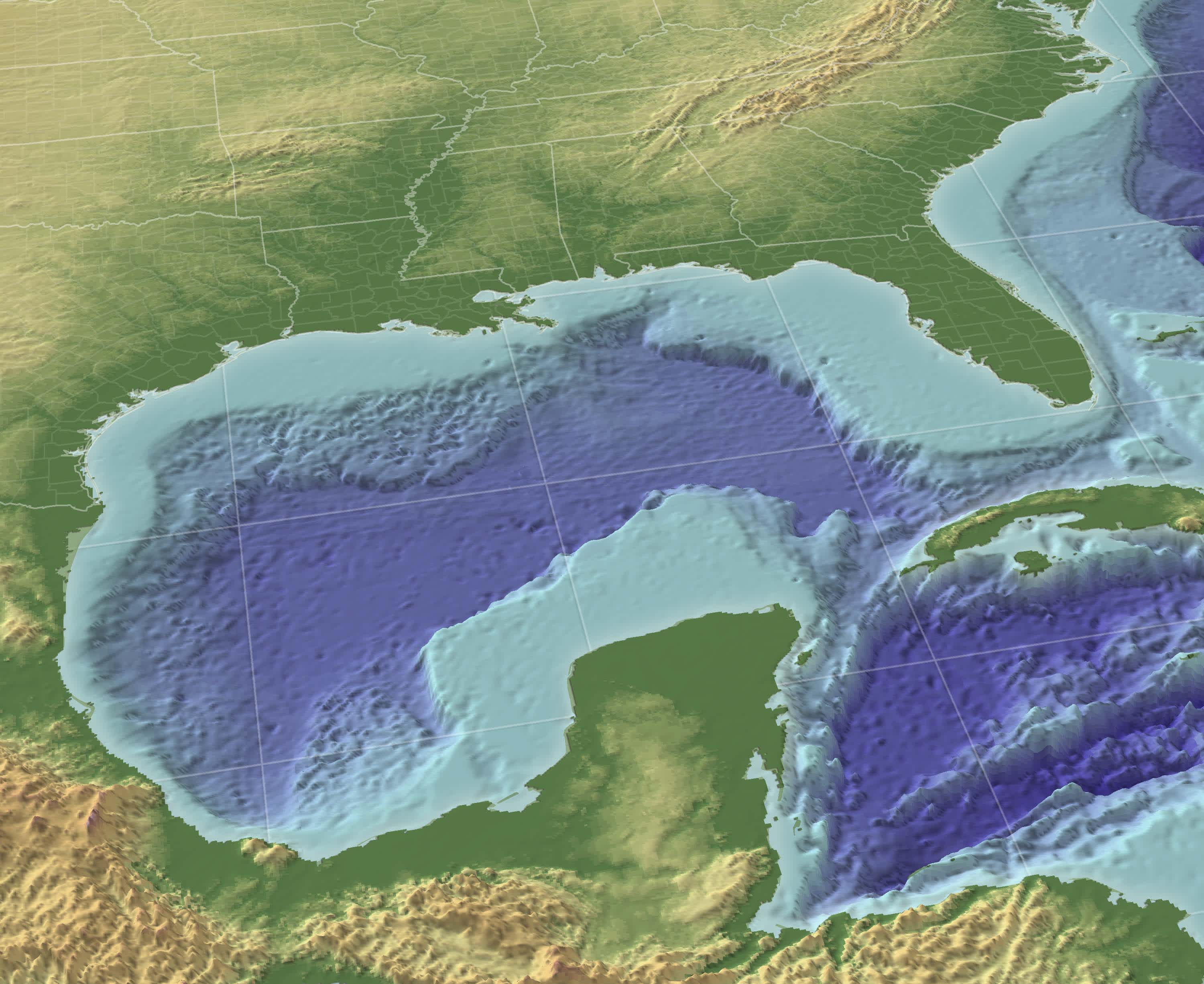Senate Passes Historic Measure Funding Gulf Restoration, Land Conservation
OutdoorHub Reporters 03.08.12

Before the wellhead could be capped, the Deepwater Horizon oil spill emptied almost 4.9 million barrels of oil into the Gulf of Mexico. While debate continues regarding how severe the spill’s impact has been or will be on the environment, conservation groups have called for massive restoration projects to help bring the affected areas back to their pre-spill levels. This video helps show the scope of Deepwater Horizon oil spill.
httpv://youtu.be/JfOinnQeHIY
Orginal press release issued by the Theodore Roosevelt Conservation Partnership on March 8, 2012
The Theodore Roosevelt Conservation Partnership roundly praised today’s Senate vote passing a measure that would facilitate restoration activities in Gulf Coast regions affected by the Deepwater Horizon oil spill and expand funding for land conservation across the nation.
This afternoon’s passage of the amendment to the Senate Transportation Bill advances the RESTORE the Gulf Coast Act, which dedicates 80 percent of Clean Water Act penalties charged to BP to restoration of Gulf Coast resources and economies. It also includes two years of dedicated funding, at $700 million per year, to the Land and Water Conservation Fund, which uses a portion of revenues from offshore oil and gas leasing to conserve fish and wildlife habitat and increase access and recreation opportunities for sportsmen and the general public. Following today’s vote, the Senate as well as the House of Representatives will consider the full Transportation Bill, likely later this year.
“Today’s vote stands as a shining example of how conservation policy can be – and should be – bipartisan,” said TRCP President and CEO Whit Fosburgh. “Sportsmen of all stripes, whether saltwater anglers or big-game hunters, can celebrate this historic action and the movement of thoughtful conservation policy through Congress. It’s also important to note that this vote represents an investment in the nation’s conservation- and recreation-based economy, which supports more than 9 million jobs across the country.”
Nationally, activities related to fishing support more than 1 million jobs and contribute almost $125 billion annually to the economy, with the Gulf region alone supporting more than 82,000 jobs and $8 billion in economic output.
“During this time of fiscal uncertainty, the RESTORE Act plays a central role in restoring the Gulf and its outdoor-based economy,” said Jim Martin, a biologist who is conservation director of the Berkley Conservation Institute. “Today’s commendable Senate vote – due in part to the strong leadership of Gulf State Senators Landrieu, Nelson and Shelby – will provide the Gulf region with much-needed resources to help this challenged area regain its economic footing and restore its identity as one of the most ecologically diverse and fecund parts of the nation.”
The LWCF has helped conserve some of America’s richest fish and wildlife habitat and most popular sporting destinations and has maintained access for hunting, fishing and shooting. Congress, however, has consistently diverted these funds from their intended purpose.
“Hunters and anglers are losing access by the day to our traditional places to hunt and fish,” said William H. Geer, TRCP climate change initiative manager. “The Land and Water Conservation Fund provides funding to purchase public access to hunting and fishing areas, maintain important waterfowl nesting sites on prairie potholes, conserve functional habitat for a range of game and non-game species and offer a valuable tool for ranching families and communities to maintain the economic viability of working landscapes.”
“Sportsmen offer thanks to our Senate leaders – particularly Montana Senators Baucus and Tester – for this foresighted action in support of America’s outdoors traditions and outdoors-based economy,” continued Geer, a resident of Lolo, Mont., “which facilitates the responsible management of the federal public lands and waters that sustain our fish and wildlife populations and shared natural resources.”

